Author: Zeng Lu
2020 is a special year. The new crown epidemic has swept the world and affected everyone's life. There are still 15 days until 2021. International Development Watch will review with you: What are the major international development events with far-reaching influence this year?
Total words2878About8minutes
1. COVAX helps low-income countries obtain vaccines, and the first batch of new crown vaccines are approved for marketing

In June 2020, the Global Alliance for Vaccines and Immunization (Gavi), the Coalition for Epidemic Prevention Innovations (CEPI) and the World Health Organization (WHO) jointly launched the "New Coronary Pneumonia Vaccine Implementation Plan" (COVAX) to support the development and production of new crown candidate vaccines, Help all participating countries, including low-income countries, have equal access to vaccines. At present, 186 countries have joined COVAX. October 2020,China joins COVAX, supporting COVAX in achieving its vaccine supply goals and expected to enrich its vaccine portfolio.
Since the beginning of December, the United Kingdom, the United States and Singapore have successively approved the new crown vaccine developed by Pfizer and BioNTech, which needs to be stored at minus 70 degrees Celsius. The United Kingdom has carried out the first batch of vaccinations for the elderly, nursing home employees and medical staff.
In December, the United Arab Emirates and Bahrain approved the new crown vaccine developed by Sinopharm Group. China is expected to provide affordable and easy-to-storage vaccines for developing countries.
2. The United Kingdom merged the Foreign Office and the Department for International Development, and temporarily lowered the aid budget
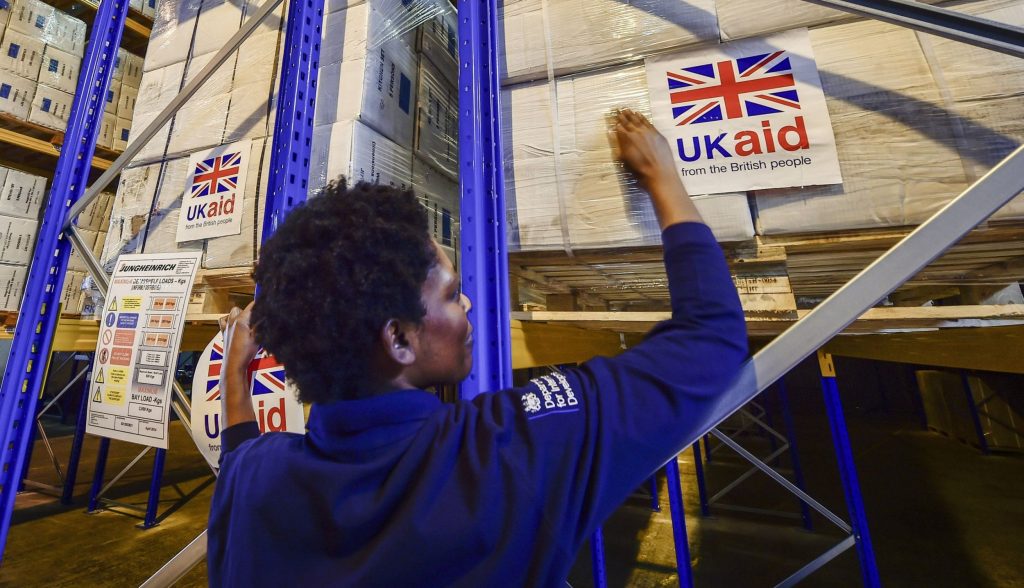
In June 2020, British Prime Minister Boris Johnson announced the merger of the Foreign Office (FCO) and the Department for International Development (DFID), with the new Department of Foreign Affairs, Commonwealth Affairs and Development (FCDO) in charge of diplomacy and development assistance.
In November, the UK announced that the official development assistance budget for 2021 will be temporarily reduced from 0.7% of gross national income to 0.5%, and will return to normal when the financial situation allows. This adjustment is expected to cut the aid budget by 5 billion pounds.
The UK is one of the world's leading aid providers and the OECD once called it a benchmark for the international development community during the global crisis. Before the merger, the Department for International Development was responsible for allocating and managing UK foreign aid, and its expertise was widely recognized in the field of international development. With the merger of the Foreign Office and the Department for International Development, UK ODA will be further influenced by its national interests.
3. The United States announced its withdrawal from the WHO
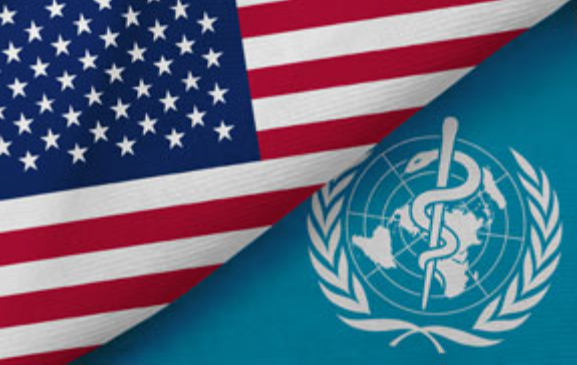
In July 2020, the United States announced its withdrawal from the WHO, which will take effect in July 2021. The withdrawal decision continued the Trump administration's unilateralist approach and aroused widespread criticism in the United States. Critics believe that the United States' withdrawal from the WHO when the new crown epidemic is raging is not conducive to the United States' participation in global cooperation in response to the epidemic, and will weaken the United States' leadership in global health.
The withdrawal of the United States will leave the WHO without funds to deal with global public health challenges such as the new crown epidemic. From 2018 to 2019, the United States was the largest donor to WHO, contributing about 15% of the WHO budget. The withdrawal of the United States may affect the WHO's global epidemic data and vaccine research sharing system, and expand the losses caused by the epidemic.
USAPresident-elect Joe Biden says, will lead the United States back to the WHO and provide it with full support after taking office in early 2021.
4. WHO declares polio eradication in Africa
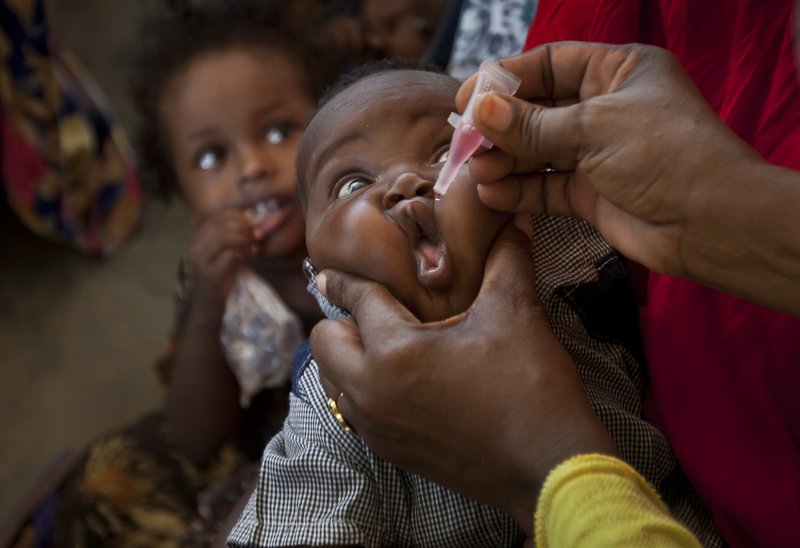
In August 2020, WHO declared that wild poliovirus had been eradicated from Africa. Poliomyelitis, commonly known as polio, is an acute infectious disease caused by poliovirus.
After 23 years of unremitting efforts, the African Poliovirus Eradication Initiative has successfully saved more than 1.8 million African children from lifelong paralysis and saved more than 180,000 children from death. Future African children can live far from wild polio. But vigilance and vaccination rates must be maintained to avoid a resurgence of wild poliovirus.
WHO Director-General Tedros Adhanom Ghebreyesus believes that the eradication of wild poliovirus in Africa is one of the greatest public health achievements of our time. The Poliovirus Eradication Initiative has made a significant contribution to Africa's public health and outbreak response systems, with far-reaching impacts on community health. Relevant resources and expertise will support Africa's response to the new crown epidemic and strengthen routine immunization with other vaccines.
5. China pledges to achieve carbon neutrality by 2060

In September 2020, President Xi Jinping announced at the United Nations General Assembly that China will achieve carbon neutrality by 2060. The proposal of the carbon neutral target reflects China's determination to promote a green development model, which means that China will further adjust its energy structure, expand the use of renewable energy, and capture and store carbon dioxide released by fossil fuels or biomass combustion on a large scale, that is, carbon capture and storage (CCS).
China is the country with the largest annual greenhouse gas emissions in the world. By adjusting its industrial structure and improving energy efficiency, China has achieved its carbon emission target for 2020 three years ahead of schedule, effectively supporting the Paris Agreement.
At a time when the global response to climate change is hindered and the new crown epidemic severely impacts the economy, China has proposed the goal of carbon neutrality, promoting the global response to climate change and reducing greenhouse gas emissions, and taking a step closer to the goal of controlling global temperature rise below 1.5 degrees .
6. WFP wins Nobel Peace Prize

In October 2020, the Nobel Prize Committee willNobel Peace Prize awarded to World Food Program (WFP), in recognition of its outstanding contribution to eradicating hunger and promoting world peace. WFP is a professional agency of the United Nations responsible for food aid. Its mission is to achieve zero hunger and eradicate malnutrition. It is the largest humanitarian aid agency in the world.
WFP mainly provides emergency food aid, provides food and food assistance, technical support and capacity building to conflict or disaster-stricken areas, and helps recipient countries and beneficiary groups achieve basic food and clothing and improve nutrition. In 2019, WFP assisted nearly 100 million people in 88 countries.
"The need for international solidarity and multilateral cooperation is now more than ever, and multilateral cooperation is absolutely essential to address global challenges," said Berit Rice Anderson, chairman of the Nobel Committee, in announcing the award.
7. The new crown epidemic may detonate the debt crisis of developing countries

Since 2000, the debt level of developing countries has continued to rise, and many countries have failed to convert debt into investment and growth. Slow growth and falling exports have led to a sharp drop in foreign exchange available to service debt.
After the outbreak of the new crown epidemic, the government's public expenditure has increased significantly, but fiscal revenue has been severely affected. The epidemic has brought about a near-stop of world economic activities, including the tourism industry. The prices of most bulk commodities have fallen sharply, and countries that rely on tourism and bulk commodity exports are facing economic difficulties. As export earnings and migrant remittances fall, some developing countries are forced to draw on foreign exchange reserves to service their debts, threatening to further erode reserves, making dollar and euro-denominated debt repayments more difficult.
The epidemic caused outbreaks in developing countriesSovereign debt default risk is growing, and also have a negative impact on the achievement of the 2030 Sustainable Development Goals.
8. Oxfam shrinks business
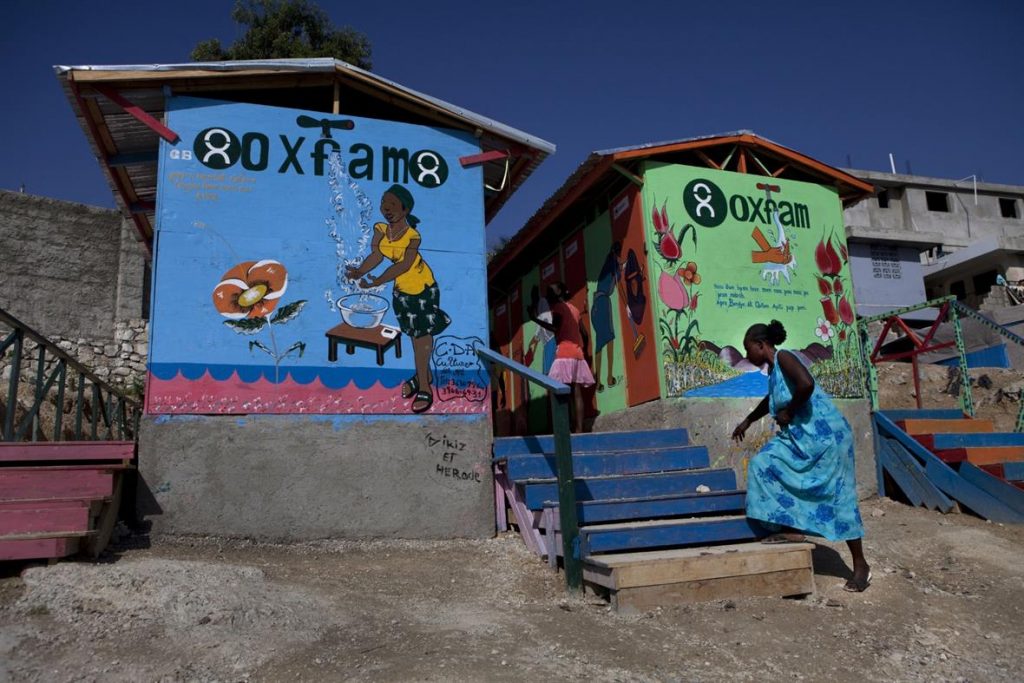
Oxfam announced that it would cease operations in 18 countries and lay off 1,450 employees. Oxfam is one of the world's largest international non-governmental organizations dedicated to fighting poverty. Previously, Oxfam had nearly 10,000 employees in more than 90 countries and regions. Oxfam hopes to expand its business and influence in key countries through this move. The sex scandal in Haiti that was exposed in 2018 had a certain impact on Oxfam's fundraising. During the new crown epidemic, fundraising activities were canceled due to epidemic-related restrictions, and revenues of charity shops across Europe have also been significantly reduced, further affecting Oxfam's fundraising.
Oxfam's decision to shrink its front is a microcosm of the impact of the new crown epidemic on international NGOs. Most international NGOs have lost a lot of donations and funds due to the epidemic. Some organizations have been forced to respond to the impact of the epidemic by reducing overseas operations and laying off staff.
9. COVID-19 poses serious challenges to the Sustainable Development Goals
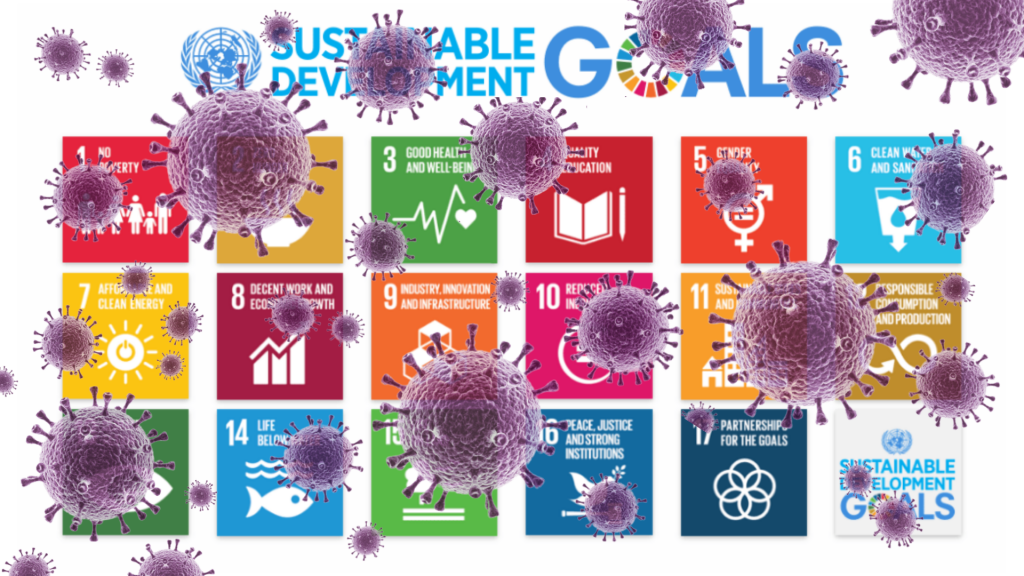
The UN's 2030 Sustainable Development Goals call on all nations to act to protect the planet while boosting economic prosperity. The COVID-19 epidemic continues to erode the fruitful achievements in the field of global sustainable development over the past few decades, and the realization of the sustainable development goals is facing severe challenges.
In the past 20 years, the field of global sustainable development has achieved fruitful results. The global poverty rate has fallen by more than 20%, newborn and maternal mortality rates have fallen steadily, the number of hungry people in the world has been almost halved, and the number of out-of-school children has been reduced by two-thirds. The new crown epidemic has triggered a public health crisis and severely hit the economy, leading to a 1.5 percentage point increase in the global poverty rate,Regression to 2017 levels, neonatal and maternal mortality rebounded, the number of hungry people in the world rose to 15.9 million, and the blockade related to the epidemic affected about 1.25 billion students around the world, highlighting the "digital divide" caused by the lack of information and network technology for the poor.
This article was first published on the WeChat public account "International Development Observation". All rights reserved, please indicate the author and source when reprinting.
Past review
- Is COVID-19 the Final Straw for Triggering Debt Crisis in Developing Countries?
- New Technologies Empower the UN Sustainable Development Goals
- Joining the Global COVID-19 Vaccine Initiative: A Win-Win for China and the World
- WFP's Nobel Peace Prize: A Compelling Justification

